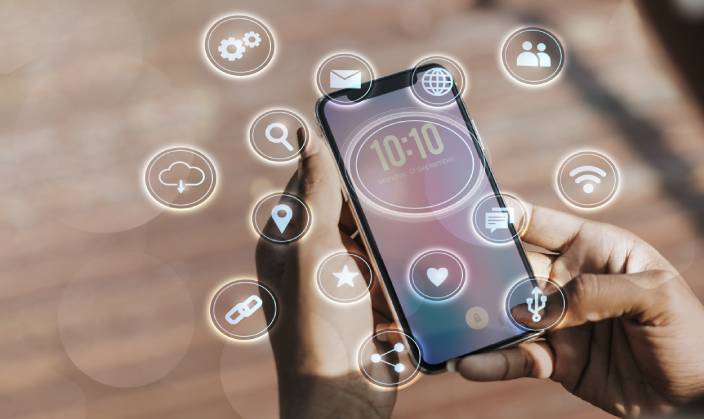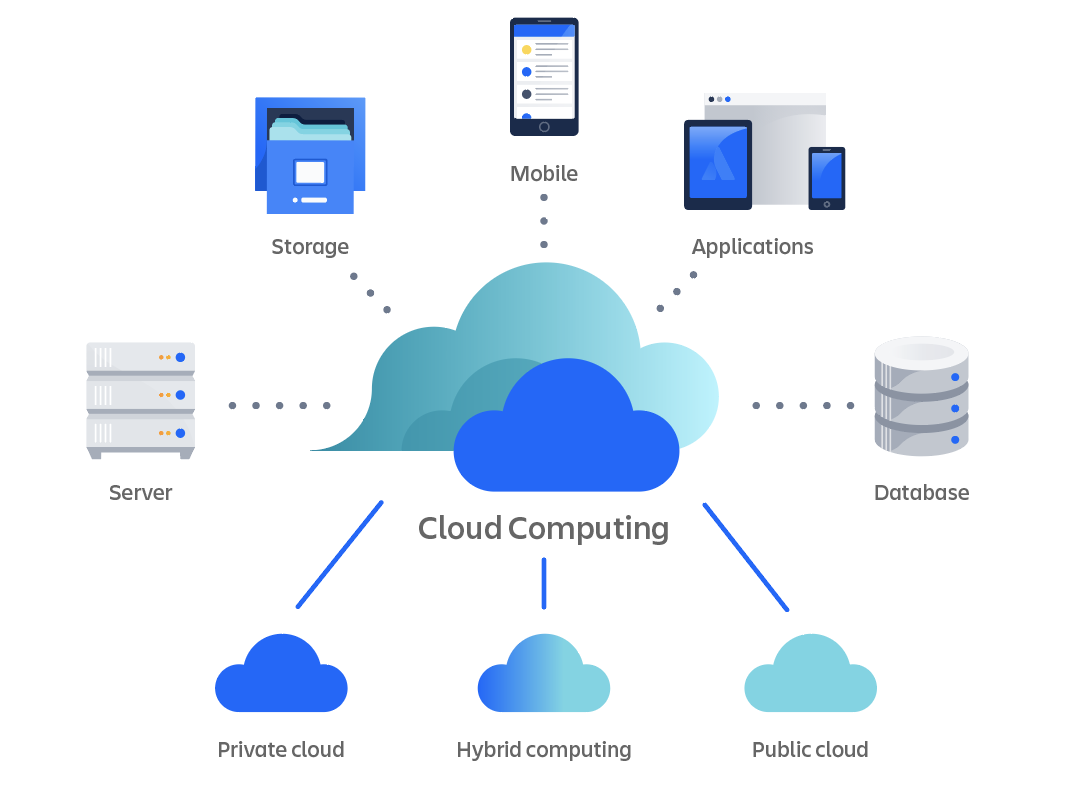
Do Phones Really Listen to Your Conversations? The Truth Behind the Myth
Have you ever talked about a product with a friend, only to see an ad for it on your phone minutes later? It feels like your smartphone is secretly listening to your conversations. But is it really? Or is there a more logical explanation?
In this post, we’ll dive deep into the science, technology, and business models behind smartphone advertising to uncover whether phones are actually spying on us or if something else is at play.
1. Where Did This Idea Come From?
The belief that phones secretly listen to us comes from countless real-life experiences:
- You discuss a vacation, and suddenly, airline ads pop up.
- You talk about a new phone, and you start seeing deals on that exact model.
- You mention a brand you’ve never searched for, and now it’s in your social media feed.
It’s so common that many people are convinced that their phone’s microphone is always on, eavesdropping on private conversations. But is that really what’s happening?
2. Can Your Phone Constantly Listen to You?
How Microphone Access Works
For an app to listen to your conversations, it needs permission to access your microphone. Both Android and iOS have strict controls in place.
- Apps must explicitly ask for microphone permission when installed.
- You can check and revoke permissions anytime in your phone settings.
- Apple and Google do not allow continuous background recording without the user knowing.
This means that, unless you’ve given microphone access to a shady app, your phone is not always listening.
Voice Assistants vs. Continuous Listening
Smartphones do have built-in voice assistants like Siri, Google Assistant, and Alexa, which activate when they hear their wake words (“Hey Siri” or “OK Google”).
- These assistants listen in short bursts only after detecting their wake word.
- The audio is processed on the device or sent to cloud servers for analysis.
- Apple and Google claim that no audio is stored permanently or used for ads.
If your phone was constantly recording, it would be easy to detect—it would cause battery drain, data usage, and storage issues.
3. So Why Do You Get Ads for Things You Just Talked About?
A. Advanced Ad Targeting (Without Eavesdropping)
Big tech companies like Google, Facebook, and Instagram use advanced data analysis techniques to predict what you might be interested in. They don’t need to listen to you because they already have enough data from other sources:
- Search history (Google knows what you search for, even if you never bought anything).
- Browsing behavior (websites track what you read, click on, or spend time on).
- Location data (Google Maps and apps track where you go and suggest relevant ads).
- Contacts and social networks (if your friends are interested in something, you might be too).
- Purchase history (online shopping sites share data with ad companies).
Even if you’ve never searched for a product, the AI algorithms connecting all this data can make eerily accurate predictions.
B. Cross-Device Tracking
If you searched for something on your laptop, but later talked about it in real life, you might still see ads on your phone. Why?
- Many apps and websites track your activity across multiple devices.
- Your accounts (Google, Facebook, Instagram, Amazon) sync data across all your devices.
- Even if you searched on your laptop, the data is linked to your profile, and ads appear on your phone later.
C. Coincidence & Psychological Bias
Sometimes, it’s just a coincidence. But our brains are wired to notice patterns—this is called confirmation bias.
- You might have already been seeing those ads before but didn’t notice them.
- Your brain makes a connection only after you talked about the topic.
- The frequency illusion (also called the Baader-Meinhof phenomenon) makes it feel like something is suddenly everywhere once you’re aware of it.
4. Has Anyone Ever Caught Phones Spying?
Despite many claims, there’s no solid proof that big tech companies secretly record conversations for advertising.
- 2018: Facebook’s CEO Mark Zuckerberg denied that Facebook listens to conversations.
- 2019: A team of security researchers analyzed phone data and found no evidence of secret recordings.
- 2021: Apple introduced App Privacy Labels, forcing developers to reveal how they use your data.
However, some apps have been caught misusing microphone access, such as:
- TikTok (2020) – Accused of secretly accessing clipboard data.
- Google Assistant (2019) – Reports emerged of contractors listening to accidental recordings.
- Facebook Messenger (2018) – Used voice data for transcription but denied using it for ads.
While these cases raised concerns, they don’t prove continuous listening for ad targeting.
5. How to Protect Your Privacy
Even if phones don’t eavesdrop for ads, it’s still smart to control your data. Here’s how:
A. Check Your Microphone Permissions
- Go to Settings → Privacy → Microphone (on iPhone or Android).
- Disable microphone access for apps that don’t need it.
B. Limit Ad Tracking
- On iPhone: Settings → Privacy → Tracking → Turn off “Allow Apps to Request to Track.”
- On Android: Settings → Google → Ads → Turn off “Ad Personalization.”
C. Use a Privacy-Focused Browser
- Switch to Brave, DuckDuckGo, or Firefox instead of Chrome.
- Use incognito mode for sensitive searches.
D. Check What Apps Are Tracking
- Go to Facebook Ad Preferences and remove unwanted advertisers.
- Check Google My Activity to delete search and location history.
6. The Final Verdict: Are Phones Spying on You?
NO, your phone is not secretly listening to every conversation.
- There is no solid proof that tech companies record private conversations for advertising.
- Smartphone microphones do not work in the background without explicit permissions.
- AI algorithms and online behavior tracking make ad targeting feel like phones are eavesdropping.
YES, companies track a lot of other data.
- Your searches, browsing habits, location, and online activity are all used to predict what you might be interested in.
- This data creates a powerful advertising system that can feel as creepy as real spying.
If you’re worried about privacy, take control of your data by checking permissions, limiting tracking, and using privacy-focused tools.
What do you think? Have you ever experienced an ad that felt too accurate? Let us know in the comments!



Leave a Reply